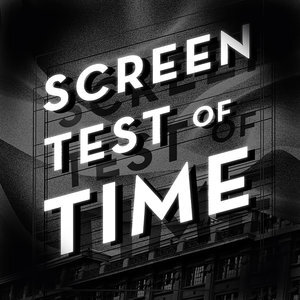ABOUT THE EPISODE:
CONTENT WARNING: This week's film, The House of Rothschild, includes a number of offensive stereotypes about Jewish people, which Suzan and David critique in the episode. Please proceed with caution.
If you're looking for a master class in how well meaning racism is still racism, look no further than The House of Rothschild, a film that tries to indict anti-semitism while reinforcing anti-semitic stereotypes. Non-Jewish actor George Arliss, who played the eponymous character in Disraeli, nominated for Best Picture in 1929, returns to play not one two members of the family of European bankers, in this tone deaf mess.
SHOW NOTES
Year Eligible: 1934 (Won)
Additional audio from The House of Rothschild (1934)
(Explicit language, as always)




















